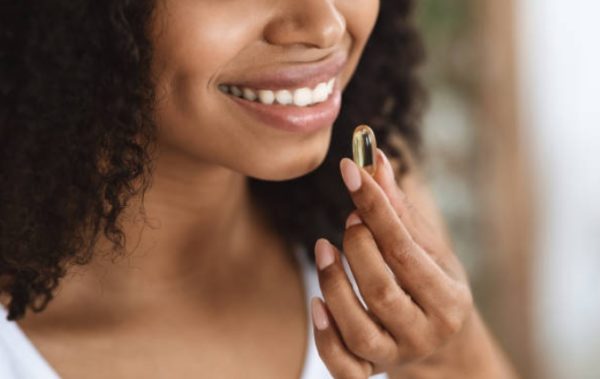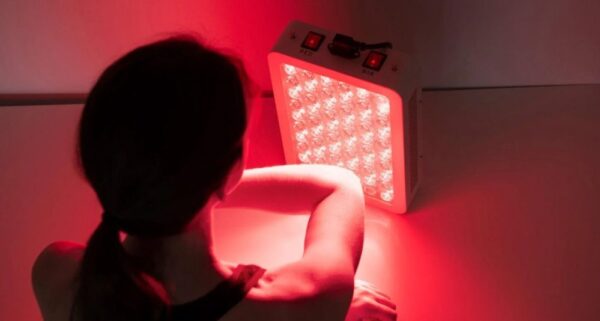Lifestyle
The only vitamins you need for acne and scar-free skin

What we put in our bodies is just as important as what we put on our faces when it comes to maintaining a healthy, clear complexion.
Many factors can contribute to blemished skin (think hormones, genetics, and hygiene), but nutrition is something we can control.
Eating a varied diet rich in skin-nourishing vitamins is essential, but we may need a little extra support from supplements from time to time.
It’s important to note, however, that supplements should always be used in conjunction with a balanced diet and should never be used in place of eating nutrients—and, as always, consult your doctor before trying a new supplement.
Here’s an insights on the vitamins one needs for a clear skin.
1. Vitamin A
When it comes to using vitamin supplements to treat acne, many dermatologists recommend vitamin A. Vitamin A derivatives, also widely recognized as retinoids, are known to help clear acne by regulating skin cell turnover, which prevents pores from clogging. Retinoids also boost collagen production, which would help to improve the appearance of acne scarring. To promote cell turnover, retinoic acid tends to flow through the cellular membranes and adheres to nuclear receptors. While isotretinoin (also known as Accutane) requires a doctor’s prescription, lower-dose formulations are available without one. It’s also worth noting that it’s a fat-soluble vitamin and that too much vitamin A can cause hypervitaminosis A.
2. Vitamin B3
Another essential, according to dermatologists, is vitamin B3. Because of its anti-inflammatory properties, nicotinamide, a form of vitamin B3 or niacin, may be useful in the treatment of acne. It may also be effective at lowering oil production, which causes shine and oiliness. Acne has been improved by both topical and oral supplements that have been studied.
3. Vitamin C
Most dermatologists recommend Vitamin C because it helps treat and prevent scarring both beneath and on the skin’s surface. The epidermis — the top layer of your skin — includes high levels of vitamin C, which is essential for safeguarding it and producing new skin. The anti-inflammatory properties of vitamin C also aid in the reduction of redness and swelling.
4. Zinc
There is some evidence that lower zinc levels are associated with more severe acne, implying that zinc supplementation should make difference in acne, as supplementing zinc in those who are deficient can help to improve acne.
However, there are some unintended consequences. When taken in high doses, zinc can cause nausea, vomiting, and diarrhea, prompting some patients to discontinue use. There are various zinc formulations available, so if you’re seeking to take a zinc supplement to treat your acne, consult with a specialist doctor first to ensure you’re taking the correct dose.
Acne can be crippling, leaving sufferers with low self-esteem and anxiety. That is why it is critical to focus not only on healing acne but also on restoring the scarring it can cause. Vitamins, when coupled with a good topical skin care regimen, can help heal acne scarring and promote good skin health from the inside out.
However, it is important to note that all dermatologists emphasize that the use of vitamins to help clear your complexion will take time, so patience is essential. Most acne treatments are usually prescribed for two to three months before evaluating whether or not they are effective.










